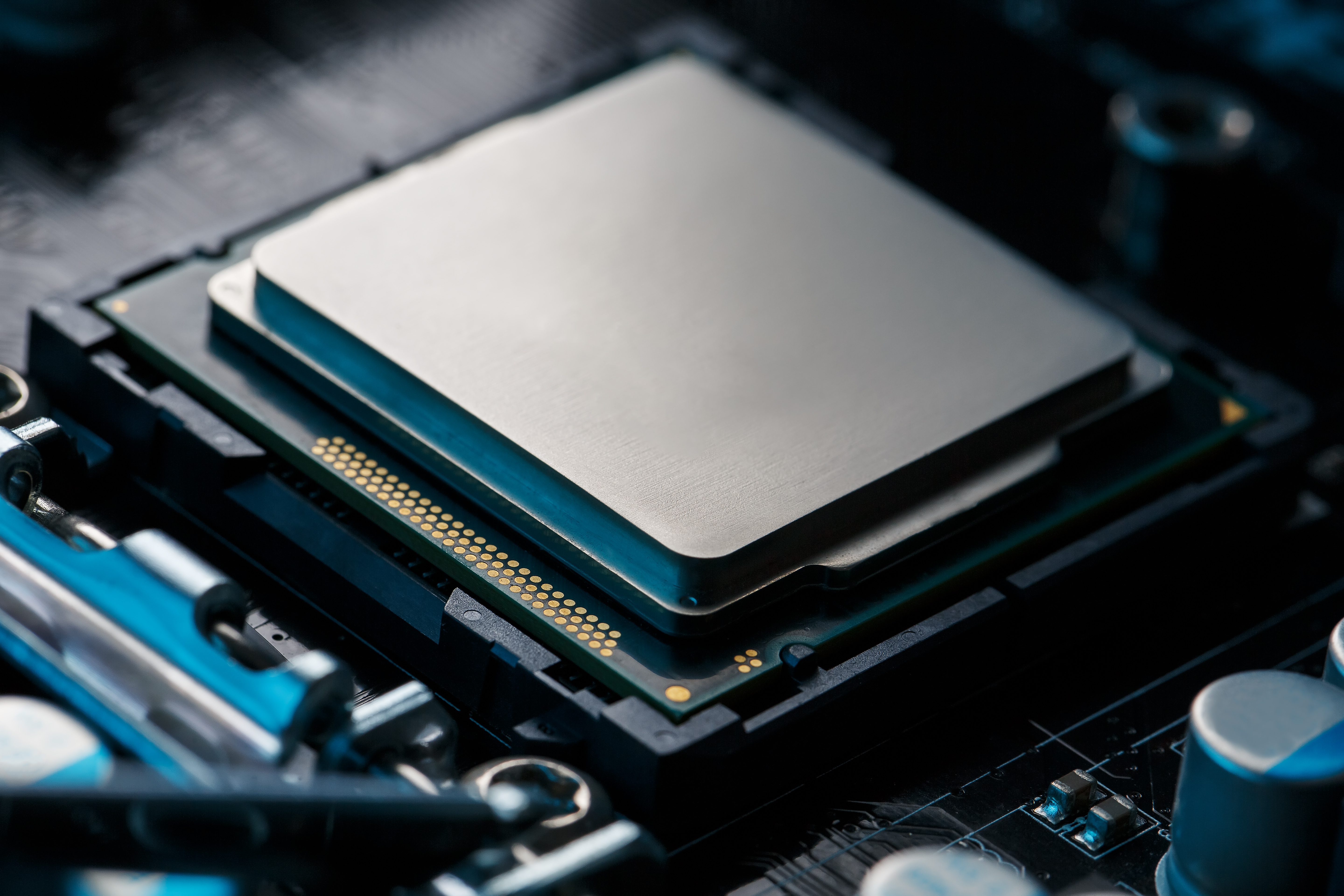Tech
World’s first bioprocessor made with human brain tissue uses a million times less power

A Swiss startup has claimed to create the world’s first bioprocessor, which is part of an online platform with remote access to 16 human brain organoids. The startup, FinalSpark, claims that its neuroplatform is the first of its kind and that it is capable of delivering access to biological neurons in vitro.
What’s even more intriguing about the bioprocessor is that the company claims that it consumes a million times less power than traditional processors. FinalSpark also claims its bioprocessor is capable of learning and processing information. These are all very bold claims that could completely change how we approach the use of bioprocessors going forward.
The company highlights the possibilities its neuroplatform offers in a research paper, detailing the development of the world’s first bioprocessor. FinalSpark claims in that paper that training an LLM like GPT-3 uses roughly 10GWh of power, more than 6,000 times the annual energy consumption of an average citizen in Europe.
If the bioprocessor that FinalSpark has created is capable of the power-saving functionality that they claim, then it could showcase just how useful these newer processors would be for heavy usage situations, especially in places where power consumption needs to be cut.
The neuroplatform behind the world’s first bioprocessor works off an architecture that they call “wetware,” meaning it is a mix of biology, software, and hardware. It utilizes four multi-electrode arrays to house the organoids, which are all 3D cell masses made of brain tissue. Further, each MEA holds four organoids, making for a total of 16 different organoids to bring the process to life.
Whether or not the bioprocessor is scalable is another matter, though. While the neuroplatform does offer a cloud-like experience, the researchers haven’t shared just how viable it is to share the processing power of those 16 organoids across multiple operations. So far, only nine institutions have been given access to the remote computing platform, with FinalSpark asking each one to subscribe for $500pcm (a type of cryptocurrency) for each user.







:max_bytes(150000):strip_icc()/roundup-writereditor-loved-deals-tout-f5de51f85de145b2b1eb99cdb7b6cb84.jpg)


